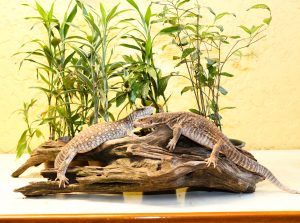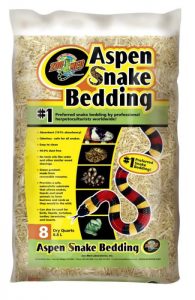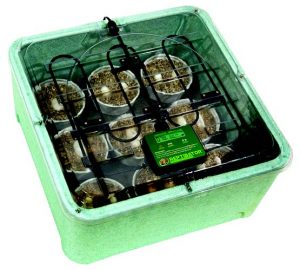Reptiles are becoming popular as pets. “The norm in The Philippine pet keeping scene are usually fish, dogs, cats, small mammals, and birds. Keeping reptiles as pets makes the whole (experience) different,” says reptile enthusiast Lendle Lin. “I like reptiles because of their unique appearance and behavior. There are lots of kinds of reptiles available in the market and most of them are captive bred, thus producing different color mutations, morphs, (and so on).”
Fellow enthusiast Melvin So agrees. “People often see dogs and cats as pets; it’s been our tradition for centuries but more and more people find it much more unique to keep reptiles,” he says. “Compared to dogs and cats, keeping reptiles (is) less time consuming and (they) are easier to take care of, so they can be considered low maintenance pets.”

Getting into reptiles need not be tricky. We asked these two experts—who often share their expertise with us—for the basics needed.
Q: Are reptiles easy to care for?
So: Most reptiles do not require much space and are quiet creatures. Nor do they need to be groomed so people are not likely to be allergic to it…As long as you get your pet reptiles from legit and reputable sources, you would have a higher chance of obtaining a healthy animal. And as most reptiles are also kept individually, disease won’t spread rapidly through your collection.
Lin: Compared with keeping fish or mammals, you won’t need much time to (properly care for them), especially (if you use) the right materials and tools…Reptiles aren’t really expressive when it comes to anything (except when they’re about to feed), so you wouldn’t really know if they’re happy under your care…You need to be really observant of your animal’s behavior. I encourage correcting your setups and husbandry to prevent any complications. Make sure to buy products that are 100% safe for your animals.

Q: Are different things needed for different reptiles?
Lin: Yes of course. Not all reptile species are the same…There are some that require extra heat, while some need humid environments. Some are nocturnal but some are diurnal as well…Keeping different species means different husbandry techniques and requirements.
So: Every reptile has its own requirements to stay healthy and happy. Make sure to do your research first or ask your source how to take care of them.
Q: What are some reptiles that a beginner can start with?
Lin: There are quite a few for beginners. If they want to start with lizards, then they can try leopard geckos and bearded dragons. These are relatively small reptiles (that) are quite accustomed to human interaction (and) are readily available through reptile farms and authorized sellers by the government.
So: If you are a beginner make sure to purchase CB (captive bred) beginner reptiles… One of my personal favorites is the ball python (Python regius); they’re easy to keep and safe for kids. Corn snakes, king snakes, and milk snakes are also fine for beginners.
Wild caught reptiles are for advanced keepers. You need to know and understand the risks you’re taking. You need to have proper knowledge on how to treat potential parasites and know…the proper way to acclimatize them so they won’t get sick.
Venomous reptiles are for far advanced keepers. One false move can be life threatening. You need to consider the risk you’re taking and make sure you have an escape-proof facility. In case of escape, you need to have a plan on how to safely retrieve your pets as they can also bring harm to other individuals as well.
Q: What should new owners look out for when shopping for materials for their reptile pets?
Lin: Research on and know what product your pets need and how to use it properly. Companies like Zoo Med Laboratories have hands-on experience on what reptiles need in captivity and is trusted worldwide when it comes to reptile pets and zoo requirements. Also, research on how to properly care for (your) pet reptile. With the right husbandry, your animals will be able to thrive and survive under your care in a healthy way. Without proper husbandry, good products won’t do anything good.


So: Get quality materials made specifically for reptiles…Don’t use (products) for human consumption, as they don’t have the same dosage. Same goes for the substrate like (generic wood) chips or bark—you never know that you might be using something that is harmful or toxic to your reptiles.
This appeared in Animal Scene magazine’s November 2017 issue.






